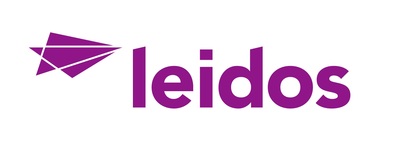Leidos Deploys New Flight Service Voice Communications System
"This deployment reinforces our commitment to driving innovation and advancing the aviation industry," said Ed Sayadian, Senior Vice President and Operations Manager at Leidos. "This achievement underscores Leidos' dedication to advancing the future of air travel, supporting safer skies and seamless communication for all."
The FSVCS' network-centric approach was tailor made for the Future Flight Services Program (FFSP). The flexible and scalable system includes interfacing with legacy analog connections and new digital voice communication. The design minimizes dependency on traditional point-to-point communications and increases voice availability with the general aviation community.
The FSVCS operates as a globally accessible, fully networked voice enterprise solution, with enhanced capabilities that monitor radio frequencies from a single position. This enhancement offers increased flexibility for service optimization, introducing full redundancy among Flight Service facilities. This cutting-edge technology supports higher availability and business continuity, directly benefitting pilots and enhancing flight safety in the
The FSVCS system reached full operational capability in October 2023 with the integration of VoIP communication with Air to Ground Media Gateways (AGMG) at six Air Route Traffic Control Centers across the
About Leidos
Leidos is a Fortune 500® technology, engineering, and science solutions and services leader working to solve the world's toughest challenges in the defense, intelligence, civil, and health markets. The company's 47,000 employees support vital missions for government and commercial customers. Headquartered in
Certain statements in this announcement constitute "forward-looking statements" within the meaning of the rules and regulations of the
Contact: | Melissa Dueñas |
Thomas Doheny | |
Victor Melara |
![]() View original content to download multimedia:https://www.prnewswire.com/news-releases/leidos-deploys-new-flight-service-voice-communications-system-302025615.html
View original content to download multimedia:https://www.prnewswire.com/news-releases/leidos-deploys-new-flight-service-voice-communications-system-302025615.html
SOURCE Leidos









